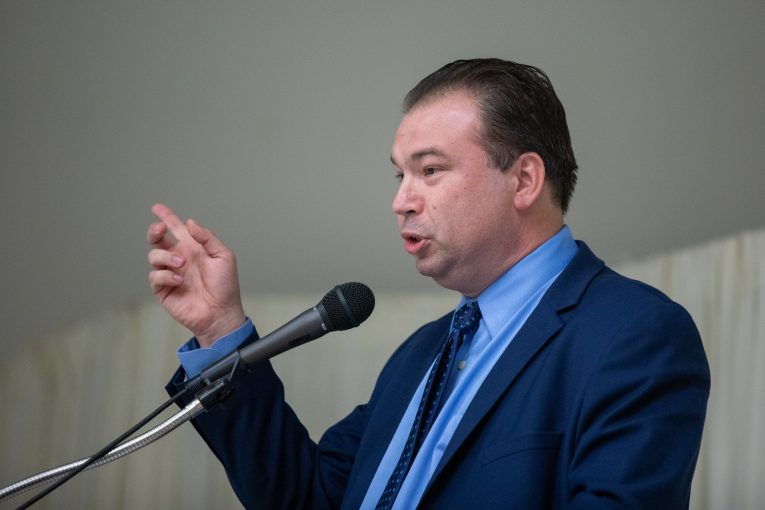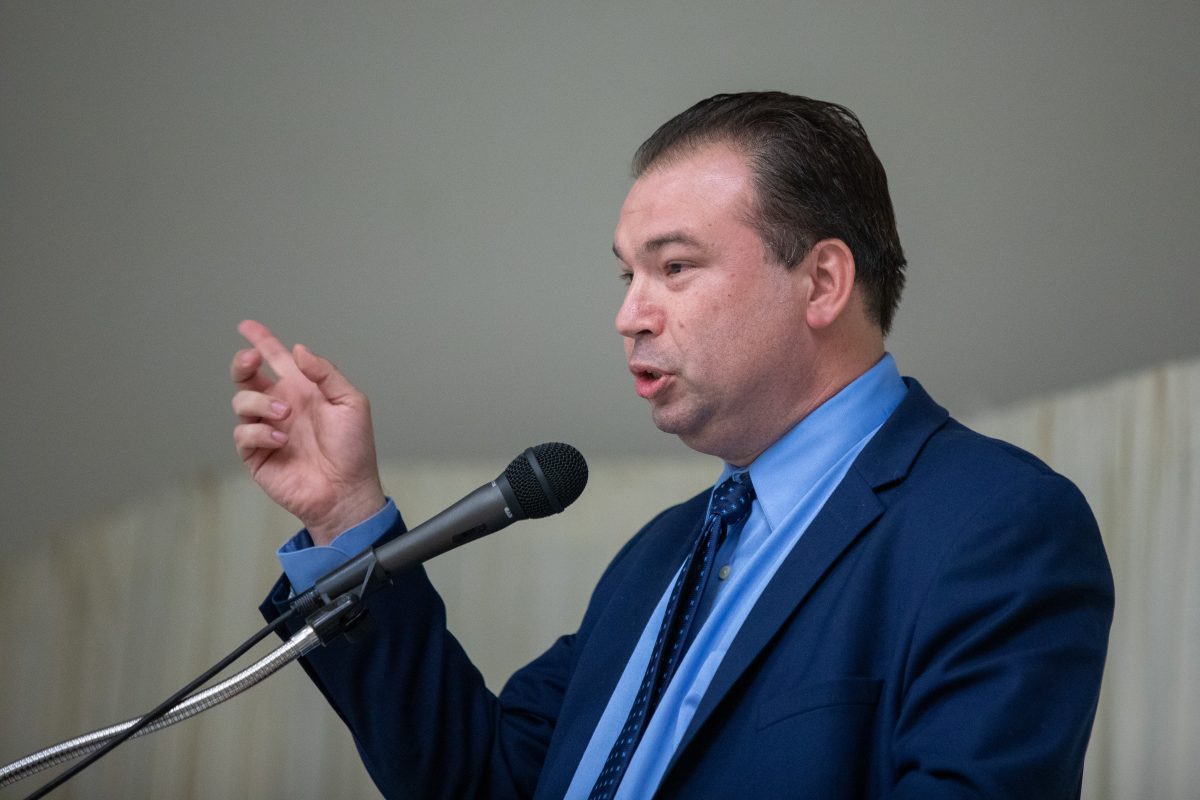

By Jeffrey Deskovic
“Looking back” will feature reprints of articles that Jeff previously wrote while a columnist at The Westchester Guardian, which encompass topics that are applicable here in CA as well as across the country and not simply applicable to NY.
On November 9, 2010, the New York Times reported that Bobby Ray Dixon, wrongfully incarcerated for 32 years, passed away at age 53 from brain and lung cancer, after having been exonerated less than two months ago.
Dixon and his co-defendants Philip Bivens and Larry Ruffin, were wrongfully convicted in Mississippi for murder and rape prior to DNA evidence showing both their innocence and the guilt of the real perpetrator. Dixon, Bivens, and Ruffin were coerced into falsely confessing under the threat of the death penalty. Bivens and Dixon falsely implicated Ruffin, were coerced into pleading guilty and testifying against Ruffin at his trial in exchange for life sentences. Bivens recanted his testimony a month later in a sworn affidavit sent to the court.
At the trial, Dixon explained that he had been kicked in the head by a horse, as a result of which he gets frequent seizures and his memory had been affected. “I don’t have the right mind, my mind comes and goes, and I don’t like to see nobody took away for nothing they ain’t done” and stating that he hadn’t been with Ruffin and Bivens the night of the crime, and didn’t know what the victim looked like. But Ruffin was convicted and died in prison 8 years ago.
Dixon and Bivens were formally exonerated at a hearing which Ruffin’s family attended, while Ruffin is expected to be posthumously exonerated within the next few months. Shortly after the hearing, Dixon went to Ruffin’s gravesite, accompanied by Ruffin’s family. Ruffin’s family prayed, sang hymns, and released balloons. Dixon cried at the gravesite.
Dixon’s brother Jerry was happy that his brother had previously been released on medical parole, had lived to see his name cleared, and had a chance to do a few things that he wanted to do, saying, “He knew his name was cleared before he left. He wanted to be baptized again, and I thank God he got to do that,” Jerry  Dixon said Tuesday. “He wanted to ride a bicycle and he got to do that. He had been locked up for 32 years.”
Dixon said Tuesday. “He wanted to ride a bicycle and he got to do that. He had been locked up for 32 years.”
Dixon’s story brings to mind the multi-faceted human cost of wrongful conviction. There are the horrors of wrongful imprisonment, its impact, and incalculable human costs. Exonerees frequently suffer post-traumatic stress disorder and have their personalities altered. The closest event that resembles wrongful incarceration is that which a soldier returning from a war zone experiences.
The natural cycle of life and rites of passage are missed, as are the simple things most of us take for granted. Dixon appreciated riding a bike and attending religious services while free. There is laughter, having fun, being able to come and go as one wishes, friendships, dating, finding love, travel, experiencing new things, self-actualization, a life free of being surrounded by violence and its threat, education, career, accomplishments, and pursuing one’s creative side. Then there are family events that are missed: holidays, births, family events and milestones, and deaths.
It’s sad that Dixon missed all of those things, his life stolen from him via misconduct by police and prosecutors, save for a brief, fleeting moment of freedom. Ruffin didn’t even get that. exonerees don’t magically get their life span extended to make up for the lost time; when it’s over it’s over. Life and freedom are irreplaceable.
Brothers, sisters, parents, and extended family members are affected. There is the physical absence of their loved one, including at family events. Many prison systems, including New York’s, house the inmates in prisons that are far away from their home, making visits difficult, if not impossible, and expensive. Prison guards often discourage visitors by means of verbal abuse, subtle harassment, and unnecessary delays in visit commencement. Cumulatively, the impact is that families grow apart and frequently lose touch altogether. But even where contact is maintained, and exoneration is obtained, it is difficult to reestablish the relationship after growing apart. Personalities of the exonerated change, which is often not apparent during visits because conversations center on proving one’s innocence and regaining freedom. Additionally, long periods of time often pass in between visits.
Wives miss spending quality time with their husbands, and have the conundrum of deciding whether to stay with whom they love and assume the hardships attendant thereto, or leave in order to pursue a normal relationship. Children miss their parents, and it is never easy to explain to them why Daddy or Mommy is absent, particularly on birthdays and holidays.
Society loses as well; each time the wrong person is convicted, it leaves the real perpetrator free to strike again. The real perpetrator identified by the DNA, Andrew Harris, raped another woman two years later.





